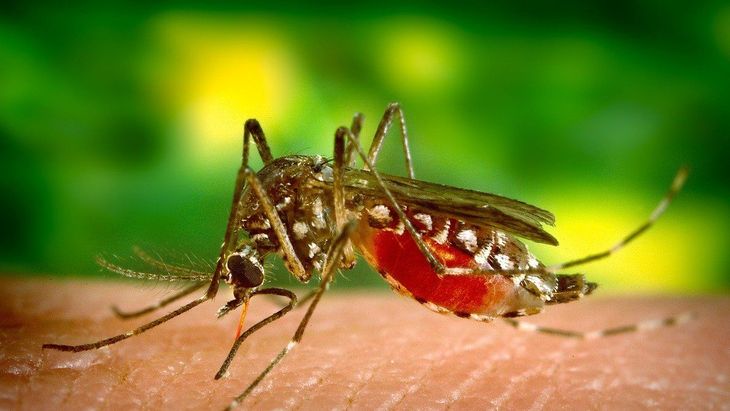Rates of dengue are increasing around the world, and cases registered since 2000 HE multiplied by eightuntil reaching the 4.2 million in 2022according to WHO. The disease was detected in Khartoumthe capital of Sudanfor the first time since there are records, according to a report from the Ministry of Health March, while Europe reported a increase in cases and Peru declared the state of emergency in most regions.
who.jpg
World Health Organization.
In January, the WHO warned that the dengue is the fastest spreading tropical disease in the world and represents a “pandemic threat”. Approximately half of the world’s population is now at risktold reporters on Friday in Geneva the doctor Raman Velayudhanspecialist from the Department of Control of Neglected Tropical Diseases of the WHO.
The cases reported to the WHO they reached a all-time high in 2019with 5.2 million in 129 countriesVelayudhan said over a video link. This year, the world is on its way to “more than 4 million” of cases, depending mainly on the asian monsoon season.
dengue 1200.jpg

Pixabay
They have already registered about 3 million cases in the American continentassured the specialist and added that there is worry due to the southward propagation bolivian, Paraguayan and Peru. While, Argentinawho faced one of his worst dengue outbreaks in recent years, is sterilizing mosquitoes through radiations that alter your dna before releasing them into the nature.
“The American region definitely shows that it is bad and we hope that the Asian region can control it”Velayudhan said.
The WHO states that reported cases of the disease, which causes fever and muscle painrepresent only a fraction of the total number of global infectionssince most of the cases are asymptomatic. It is fatal in less than 1% of people.
yellow fever mosquito dengue zika aedes.jpg

Photo: Pixabay
It is believed that a warmer weather help the mosquitoes to multiply faster and allows the virus multiply within their bodies. Velayudhan cited the increase in movement of goods and peoplethe urbanization and the problems of sanitation associated as other factors of the increase.
To the question of how it would influence the heat wave affecting the northern hemisphere in the spread of the disease, said it was too soon to tell. temperatures above 45°C “they should kill the mosquito rather than breed itbut it’s a very clever insect and can breed in water storage containers where the temperature It doesn’t go up that much.”
Source: Ambito




